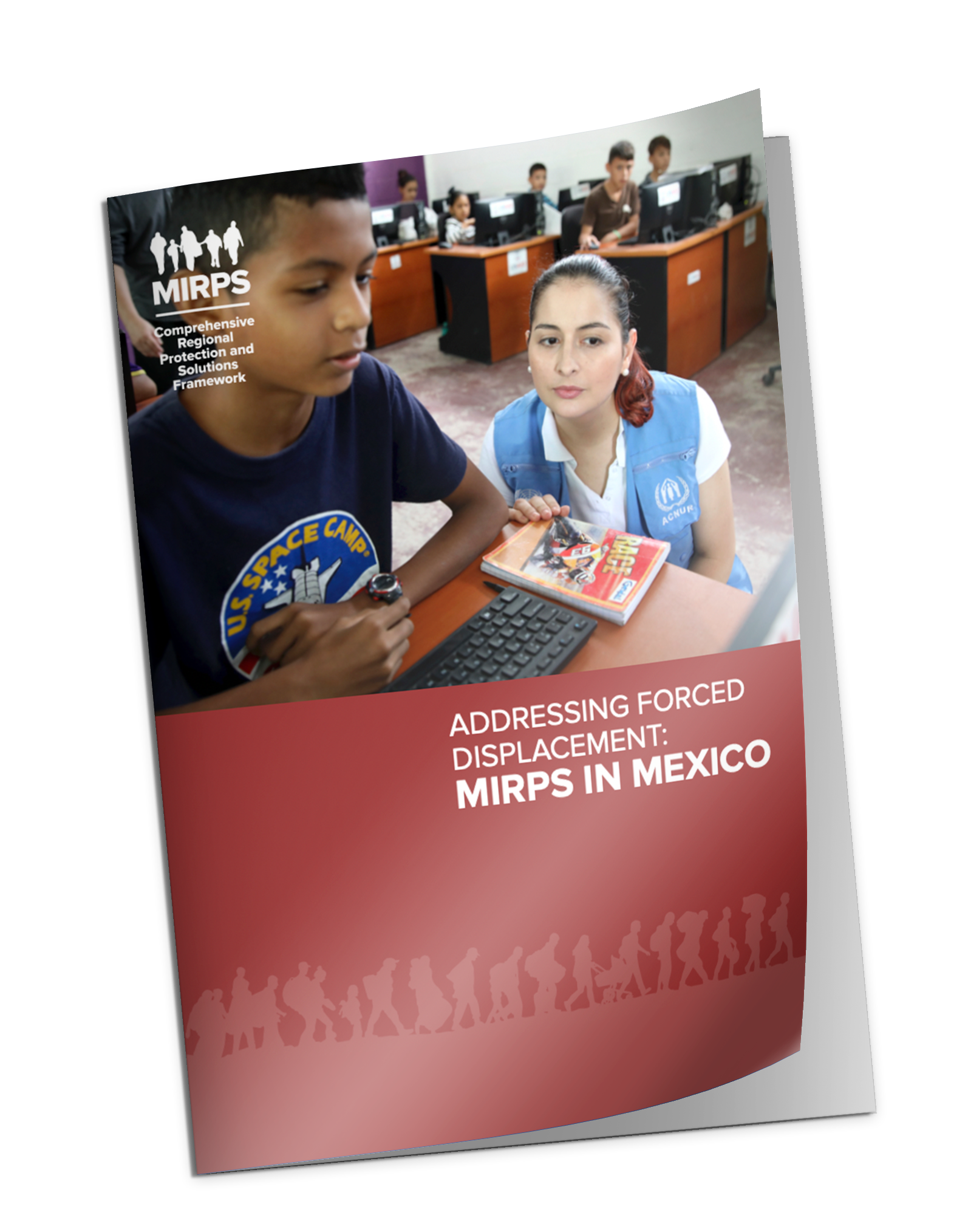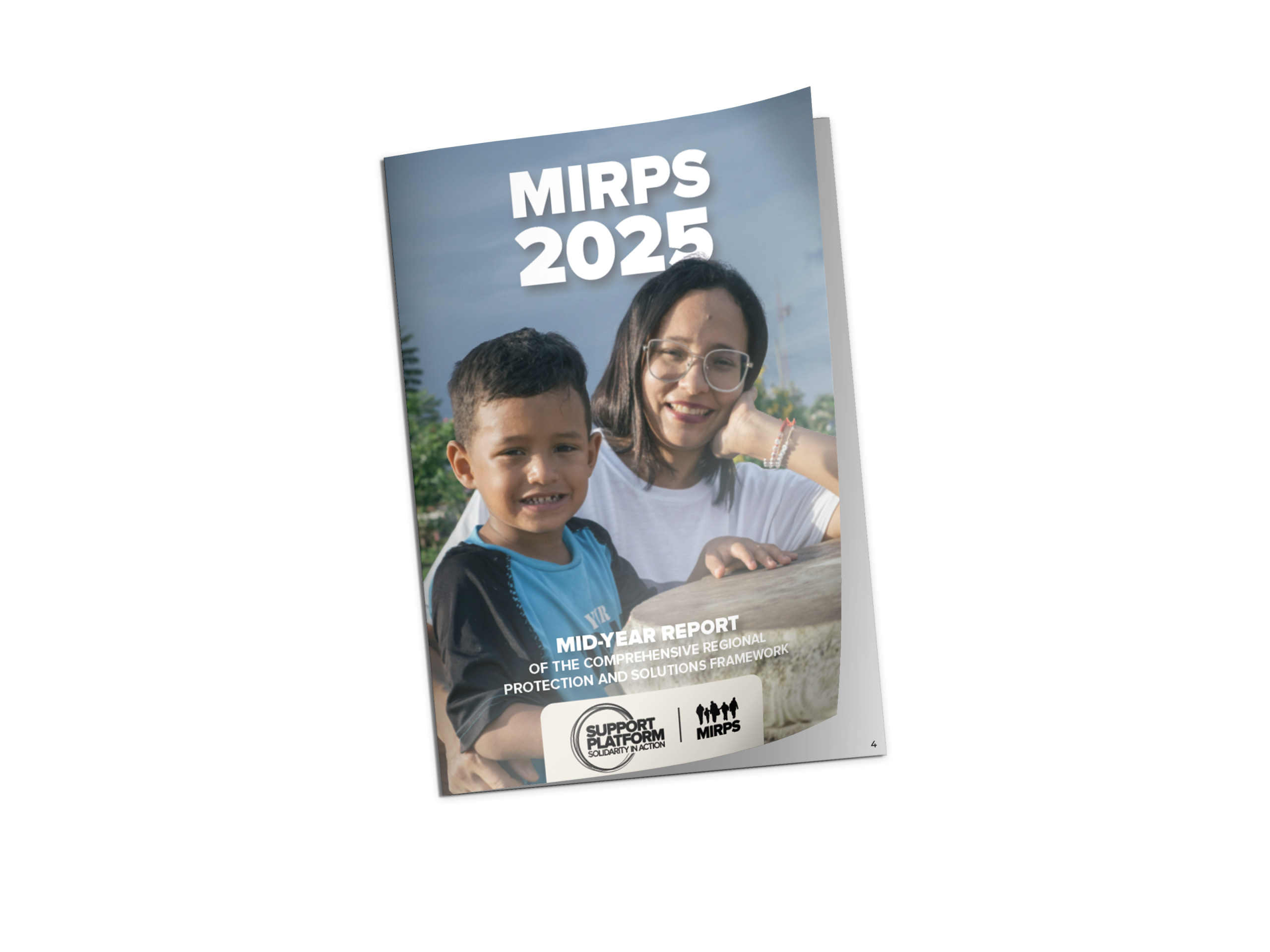Mexico
MIRPS in Mexico
Mexico has received increasingly complex mixed flows of migrants and refugees from the region in recent years. The social, political and economic situation of various countries in the region, the restrictive asylum and migratory policies of neighboring countries and the geographic location of Mexico, among other factors, have contributed to an exponential increase in applications for refugee status. Claimants include many children and adolescents fleeing with their families but also a rising number who are unaccompanied.
Mexico has participated in MIRPS since 2017 and has sought to implement a range of commitments to provide protection and solutions for the forcibly displaced. However, additional support from the international community is needed in relation to specific commitments. In particular to strengthen public services in the host communities in the southern states of Mexico (Chiapas and Tabasco) where most asylum-seekers arrive, especially in the areas of public health and education. The commitments made in the MIRPS process are complemented by a number of pledges made during the Global Refugee Forum.
National Action Plan Focus Areas

Protection
17 commitments

Jobs and Livelihoods
5 commitments

Education
1 commitment

Health
2 commitments

Social Protection
8 commitments
Progress according to the 2025 Mid-Year Report

Simplified and accelerated procedures have been implemented for refugee status determination and family reunification. From January to June 2025, 4,359 cases benefited from differentiated processing, and the recognition rate for Haitian nationals was 89%.

Legal, economic, social, and cultural integration actions have been carried out, including workshops, information campaigns, and employment fairs. Over 2,200 individuals benefited from the relocation program, facilitating their labor and educational inclusion.

In the field of health, more than 1,100 actions were taken to facilitate access to medical care, including mental, sexual, and reproductive health services. Monthly health campaigns at COMAR offices were also implemented to provide vaccination, risk factor control, and family planning services.



